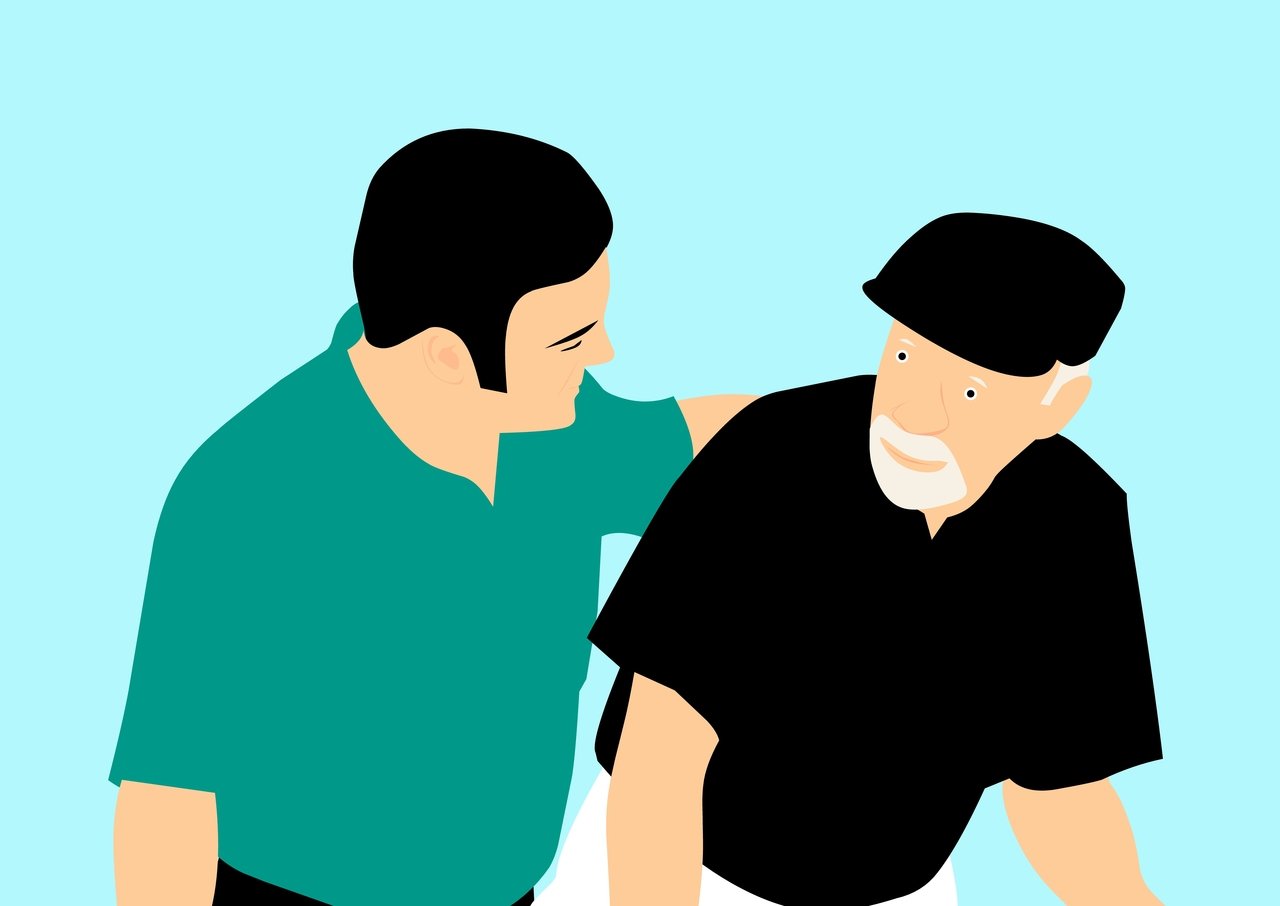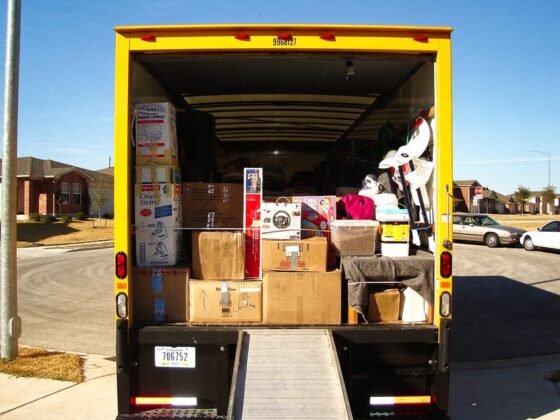Table of Contents Show
After a stroke, you may want to get back to your life as you knew it. But you may have some worries about returning home from the hospital as well.
A stroke can bring changes in your life. Some of these changes are short-term, while others may be long-term or even become permanent.
If your physician has provided you the green light to return home, there are plenty of ways you can do to stay healthy and safe as you readjust.

Go Easy on Yourself
It will take many weeks or months to feel and go back to yourself again. Perhaps, you will make the most progress in the first 3 to 4 months, but full recovery can take as long as a year or two.
Plan to go back to your life gradually. Chances are, you will have less energy than you used to have before your stroke, at least in the meantime. You might have difficulties doing little things such as walking, getting dressed, and talking. You may also see that it takes more effort to focus or remember things.
Having a stroke can affect your emotions, as well. You might experience being overwhelmed, sad, angry, and stressed. Well, that is normal, but it can be daunting and draining.
Ask a family member, relatives, friends, or people in the community to give a hand around the house. If you have trouble with daily tasks and do not have a caregiver, talk to your medical provider about ways to get assistance. Senior Buddies Dallas can help you.
Make Your Health an Importance
Having a stroke increases the chance of having another one. But there is a lot you can do to decrease the risk and enhance your overall wellbeing and health.
Eating nutritious food is vital: Vegetables, fruits, whole grains, lean proteins, and healthy plant oil are excellent choices. Watch the use of saturated fat, sugar, and fried foods you eat. Your physician may advise a gentle workout. Ask your doctor what is safe and best for you.
If your doctor suggested medication to help you recover or lower the risk of another stroke, take it as prescribed.
It might include medicines to manage blood pressure, avoid blood clots, or eliminate fatty deposits called plaques. If the medication has side effects that bother you, let your care team know.
Protect Your Space
Falls after stroke is usual- and they can be harmful. If your senior loved one falls and has bruising, bleeding, pain, or does not feel right, contact 911 or go to the nearest emergency room immediately.
Ask your caregiver, spouse, or another person to:
- Ensure there is a clear path to any place in the house for you to go- your bedroom, living room, kitchen, and bathroom, for example.
- Install handrails and safety devices, like a raised toilet seat or tub bench, if they need them. Ensure all rugs are in non-stick tape.
- Place an anti-slip strip or mat in your bathtub.
Moving carefully and slowly can help prevent falls and other severe injuries.
Work With Professionals
Being at home does not mean you are alone and no one will look after you. As you heal and recuperate, you can work with professionals who can help:
- A language or speech therapist can help you speak and work on your cognitive skills. A language therapist also can assist you with eating and swallowing.
- A physical therapist can assist you in strengthening your muscles, regaining balance and power, and moving around safely.
- An occupational therapist can create modifications around your house (and workplace), and instruct you on new ways to do daily living things such as eating and cleaning.
- Your physician or health care provider will support you with any stroke-related health concerns you may have, such as difficulties controlling your bowels or bladder. Your physician may also say when it is safe to go driving again.
Communicate to Others Such as Family, Friends, and Support Groups
Recovering from a stroke can be gradual and disappointing at times. Talking to your health care provider or a mental health counselor- a psychologist- can help you overcome and deal with your emotions.
Joining a stroke support community is also an excellent way to get advice and learn new ways to feel better.
Talk to your family and friends about your feelings, too. If they have never had a stroke, they may not know what you face unless you communicate with them.
Do Not Wait for Help
Once you have had a stroke, your risk of having another stroke is higher. If you observe any of the following signs, reach out to 911 immediately:
- Your face is drooping.
- You feel your arm weak, or the other area of your body feels numb.
- You suddenly have a hard time focusing or thinking.
- You feel confused.
- You suddenly have vision problems.
- You suddenly feel severe pain in your belly areas or a headache.
- You notice blood in your urine, vomit, or unexplainable bleeding from your nose or gums.
- You notice unexplainable bruising or red blotches on your skin.










